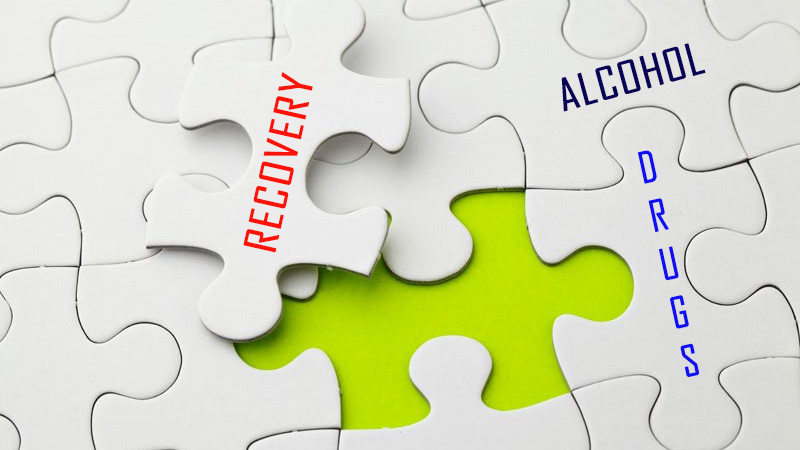5 Phases of Recovery
While it is difficult to characterize the recovery process in black and white terms, there is generally a pattern that most addicts follow as they start on this path to healing. Here is a general outline of the five phases of recovery.

Pre-contemplation: During this stage of the process, individuals have not yet recognized that they need to seek alcohol and drug abuse help. When asked about possible issues, the person is likely to become defensive and combative. Because the person is still rationalizing their behavior, they have not yet taken the necessary steps to seek help. At this point, the treatment is geared at helping the person to merely consider the possibility of making a change.
Contemplation: The second stage of recovery is the contemplation phase. As individuals begin to gain awareness of the consequences of their addictions, they may open up to ideas of making healthy changes in their life. However, they are still generally unsure about taking this next step. A professional treatment program will help to guide the addicted person so that they can fully understand the gravity of the situation and why they need to seek alcohol and drug abuse help. As the addicted person begins to imagine the possibilities of a clean lifestyle, they get one step closer to recovery.
Preparation: The preparation stage is when the individual has made the commitment to change and work to break their addiction. The treatment team plays a pivotal role during this stage, helping the patient to prepare to act on their desire to change their life for the better. A good counselor will put the onus on the patient to be proactive about finding information and recovery support for their individual situation. This will help the addicted individual to learn how to own their problem.
Taking Action: The action stage is when the real work begins. By now, the patient has accepted that they need help and they believe they have the ability to break the habits. Now is when the patient immerses themself in the work needed to beat the addiction. This stage looks different for each individual and is dependent on personal needs and issues. According to AION Health, a solid recovery program will “collaborate a safe and supportive environment with evidence-based integrated treatment to help patients achieve long-term recovery from addiction.”
Maintenance and Recovery: While it may seem like the work is over when you get through the action phase, this could not be further from the truth. During the maintenance and recovery phase, the patient will learn how to avoid temptations or triggers that may set them back in their fight against addiction. A quality treatment program will ensure that the patient has the resources and empowerment they need to navigate this stage with confidence. Understanding these five steps will help you to understand how the recovery process takes time. The success of any treatment program will not happen without going through all five of these phases and following it through to fruition.



